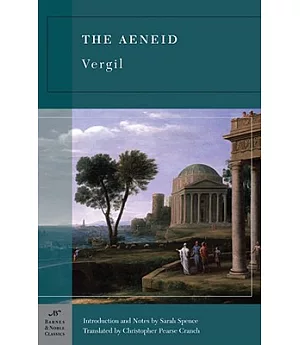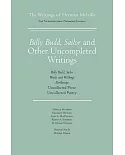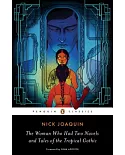The Aeneid, by
Vergil, is part of the
Barnes & Noble Classics series, which offers quality editions at affordable prices to the student and the general
reader, including new scholarship, thoughtful design, and pages of carefully crafted extras. Here are some of the remarkable features of
Barnes & Noble Classics:
New introductions commissioned from today's top writers and scholars Biographies of the authors Chronologies of contemporary historical, biographical, and cultural events Footnotes and
endnotes Selective discussions of imitations, parodies, poems, books, plays, paintings, operas, statuary, and films inspired by the work Comments by other famous authors Study questions
to challenge the reader's viewpoints and expectations Bibliographies for further reading Indices & Glossaries, when appropriateAll editions are beautifully designed and are printed to
superior specifications; some include illustrations of historical interest. Barnes & Noble Classics pulls together a constellation of influences—biographical, historical, and
literary—to enrich each reader's understanding of these enduring works.
Written more than two thousand years ago and one of Western literature’s indisputable masterpieces, the
Aeneid is the Roman “answer” to Homer’s epics, the
Iliad and the
Odyssey. The latter celebrate Greek civilization through the stories of Greek victory in the Trojan War and the exploits of Odysseus.
Vergil’s
Aeneid sings the triumph of
Roman culture, transforming Troy’s tragedy into a step on the path toward the founding of Rome by the descendants of the last Trojan hero, Aeneas.
Fleeing the fallen city with a few followers, Aeneas undergoes a series of adventures, including a passionate love affair with the ravishing Dido, queen of Carthage, a visit to the
underworld to meet the spirit of his father, and mortal combat with Turnus, a powerful king. Each episode tests his courage, morality, and humanity, and proves his worthiness to be the
ancestor of one of the greatest empires in history.
Sarah Spence is Professor of Classics at the University of Georgia. Founding editor of the journal Literary Imagination, she has published widely on Vergil and medieval
vernacular poetry. She is author of two books, Rhetorics of Reason and Desire: Vergil, Augustine, and the Troubadors and Texts and the Self in the Twelfth Century, and has
edited two volumes of essays on Vergil. She lives in Athens, Georgia.





















